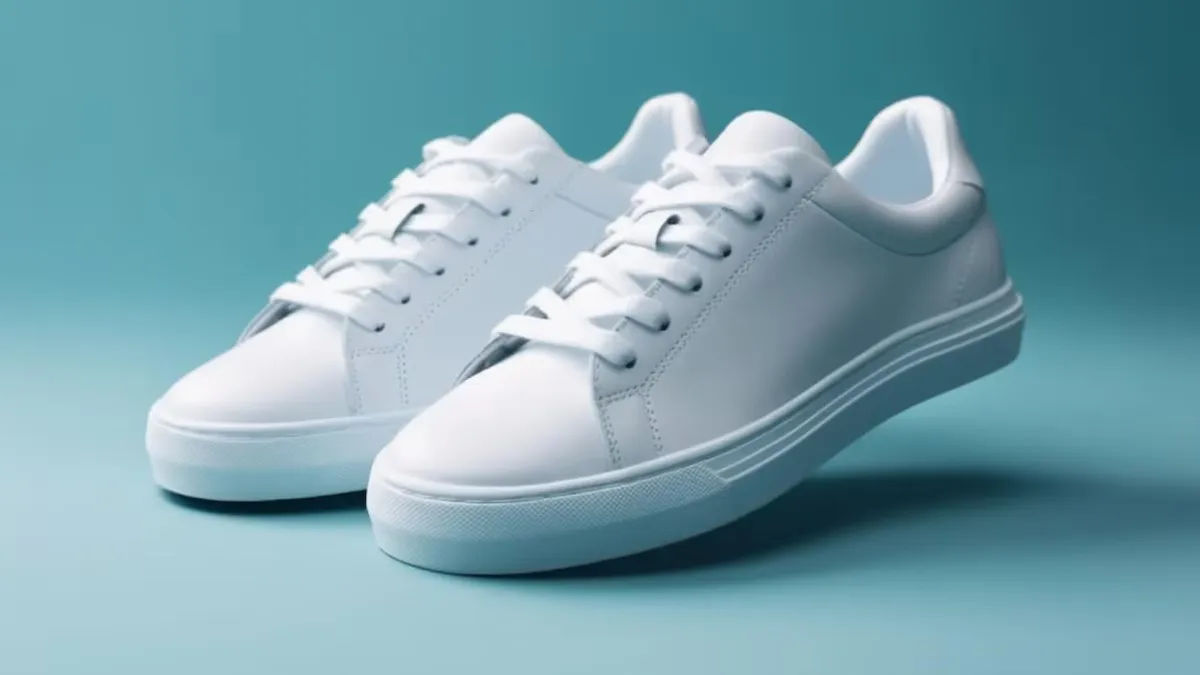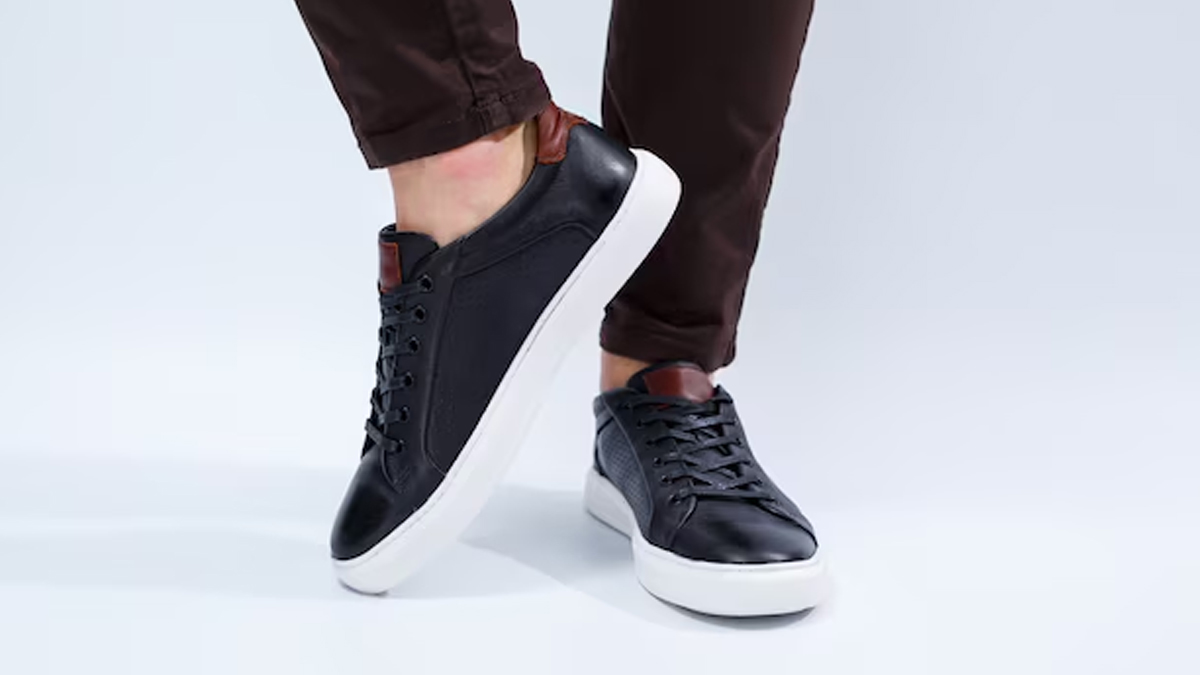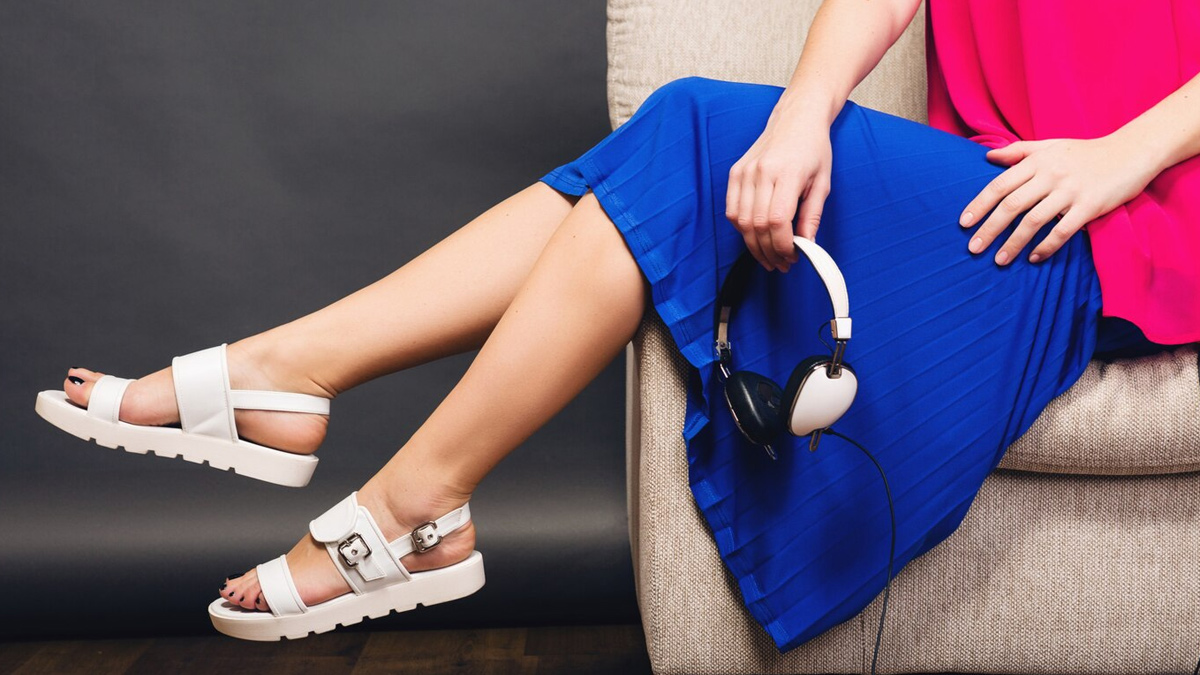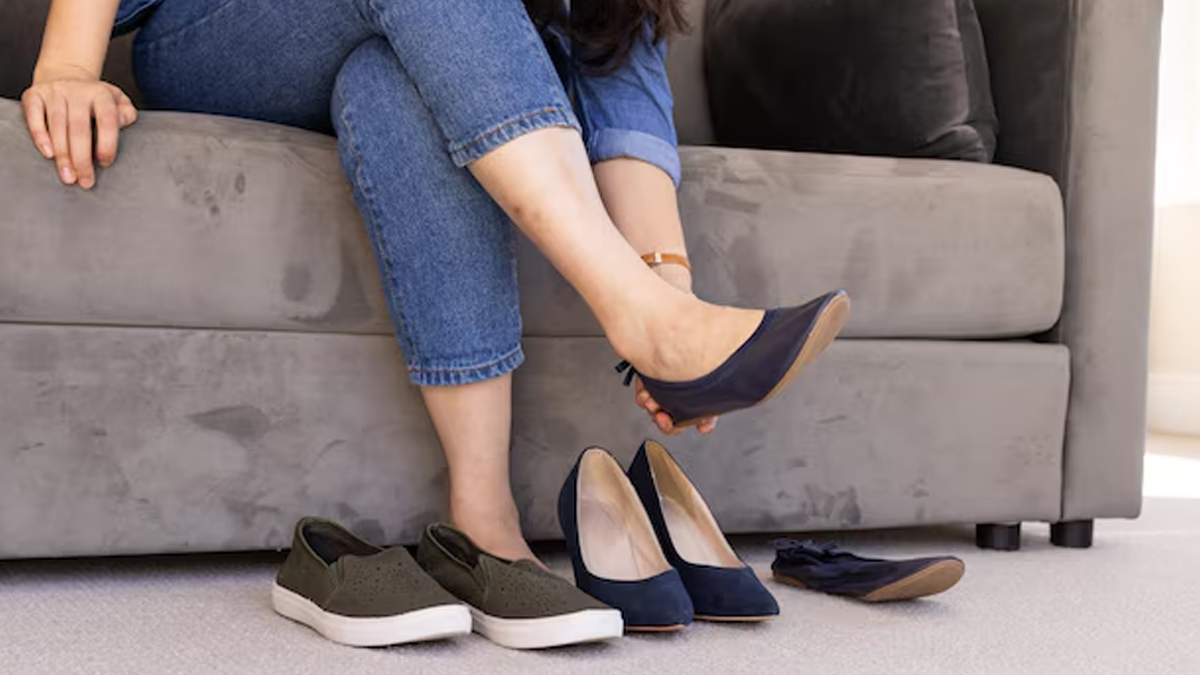
Leg discomfort, foot pain, and back issues may all seem like orthopaedic problems; however, sometimes, it can all occur due to wrong footwear choice. Footwear is one of man's greatest inventions, made to protect one's foot from harsh environments and support uninterrupted movements. However, over time, people have come to realise the importance of good-quality footwear that not only helps you walk effortlessly but also provides added support to prevent issues.
Table of Content:-
So what should you look for in proper footwear? What do experts recommend? Here are the answers to all your questions.
Also Read: Wearing Flip-Flops Daily? Here’s Why Your Back Might Be Hurting
How Wrong Footwear Choice Affects Your Body

According to Dr Saseendar Shanmugasundaram, Senior Consultant - Arthroscopy and Sports Medicine, SRM Global Hospitals, Chennai, wearing the wrong shoes can change the way we walk and put extra strain on our feet, ankles, knees, hips, and lower back. "Over time, this added stress can lead to joint and muscle pain, especially if the shoes lack proper support or have worn-out soles."
A 2018 review published in the Journal of Foot and Ankle Research found that most people, especially older adults, those with diabetes, and children with Down syndrome, often wear shoes that don’t fit properly, mainly in width or length. Poorly fitted shoes were linked to foot pain and issues like corns, calluses, and toe deformities.
Features To Look For In Footwear
Dr Shanmugasundaram recommends choosing shoes with good arch support, soft cushioning, a firm heel, and a comfortable overall fit.
He adds that a low heel and a flexible toe area are also important, as these features help maintain proper alignment and reduce stress on your joints.
A 2021 study published in the same above-mentioned journal looked at what makes shoes feel comfortable. It found simple tools like rating scales can help measure comfort, and most people prefer lightweight, well-fitted shoes with soft midsoles and curved soles. But things like sole flexibility and insoles seem to matter more in specific situations. Researchers further noted that comfort isn't just about design — it also depends on the person wearing the shoes and what they’re doing.
Do Custom Insoles And Orthotics Help?

The short answer is “absolutely”, says Dr Shanmugasundaram. He explains, “Custom insoles and orthotics can provide added support, reduce pressure, and improve your walking posture. This can help relieve not just foot pain, but also discomfort in your knees, hips, and lower back.”
Also Read: Tips To Choose the Right Shoes for Comfort, Experts Tell Things To Look For Feet Health
How Often Should You Replace Your Shoes?

Most people should consider getting a new pair every 6–12 months or after 300–500 miles of wear. If the soles are worn down or the shoes start to feel flat or unsupportive, it’s time for a replacement.
Conclusion
Choosing the right footwear isn’t just about comfort; it’s also crucial for your overall joint and muscle health. From proper fit and supportive soles to custom insoles when needed, investing in the right shoes can prevent long-term pain and discomfort in your feet, legs, and back. So, the next time you shop for shoes, think beyond style and focus on support, fit, and function.
Also watch this video
How we keep this article up to date:
We work with experts and keep a close eye on the latest in health and wellness. Whenever there is a new research or helpful information, we update our articles with accurate and useful advice.
Current Version